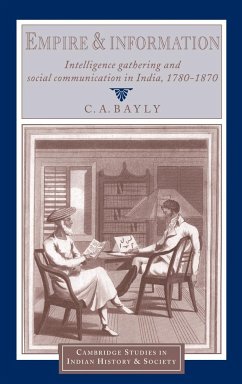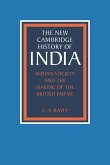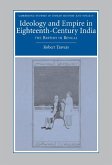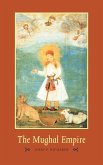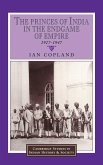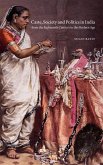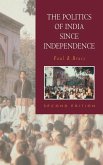In a penetrating account of the evolution of British intelligence gathering in India, C. A. Bayly shows how networks of Indian spies were recruited by the British to secure military, political and social information about their subjects. He also examines the social and intellectual origins of these 'native informants', and considers how the colonial authorities interpreted and often misinterpreted the information they supplied. It was such misunderstandings which ultimately contributed to the failure of the British to anticipate the rebellions of 1857. The author argues, however, that even before this, complex systems of debate and communication were challenging the political and intellectual dominance of the European rulers.
Table of contents:
Introduction; 1. Prologue: surveillance and communication in early modern India; 2. Political intelligence and indigenous informants during the conquest of India, c. 1785-1815; 3. Misinformation and failure on the fringes of empire; 4. Between human intelligence and colonial knowledge; 5. The Indian ecumene: an indigenous public sphere; 6. Useful knowledge and godly society, c. 1830-1850; 7. Colonial controversies: astronomers and physicians; 8. Colonial controversies: language and land; 9. The information order, the Rebellion of 1857-1859 and pacification; 10. Epilogue: information, surveillance and the public arena after the Rebellion; Conclusion: 'knowing the country'.
C. A. Bayly writes a penetrating account of the evolution of British intelligence gathering in India. 'Empire and Information is one of the most important books on Indian history to appear in the past fifty years.' Clive Dewey, Times Literary Supplement
C. A. Bayly, already established as one of the most eminent historians of the day, writes a penetrating account of the evolution of British intelligence gathering in India.
Hinweis: Dieser Artikel kann nur an eine deutsche Lieferadresse ausgeliefert werden.
Table of contents:
Introduction; 1. Prologue: surveillance and communication in early modern India; 2. Political intelligence and indigenous informants during the conquest of India, c. 1785-1815; 3. Misinformation and failure on the fringes of empire; 4. Between human intelligence and colonial knowledge; 5. The Indian ecumene: an indigenous public sphere; 6. Useful knowledge and godly society, c. 1830-1850; 7. Colonial controversies: astronomers and physicians; 8. Colonial controversies: language and land; 9. The information order, the Rebellion of 1857-1859 and pacification; 10. Epilogue: information, surveillance and the public arena after the Rebellion; Conclusion: 'knowing the country'.
C. A. Bayly writes a penetrating account of the evolution of British intelligence gathering in India. 'Empire and Information is one of the most important books on Indian history to appear in the past fifty years.' Clive Dewey, Times Literary Supplement
C. A. Bayly, already established as one of the most eminent historians of the day, writes a penetrating account of the evolution of British intelligence gathering in India.
Hinweis: Dieser Artikel kann nur an eine deutsche Lieferadresse ausgeliefert werden.

